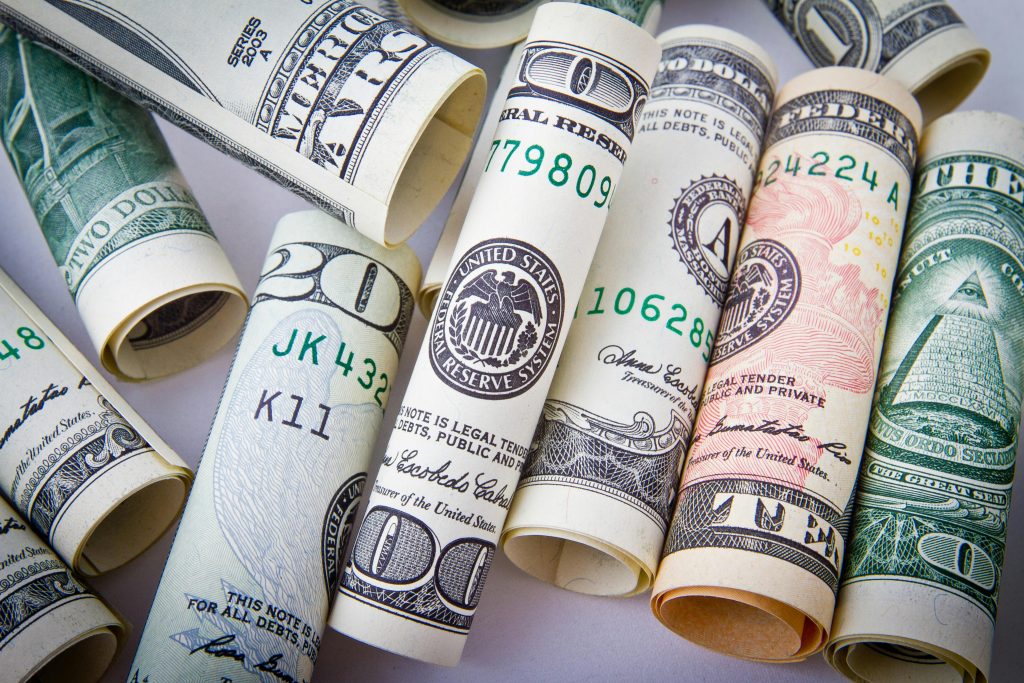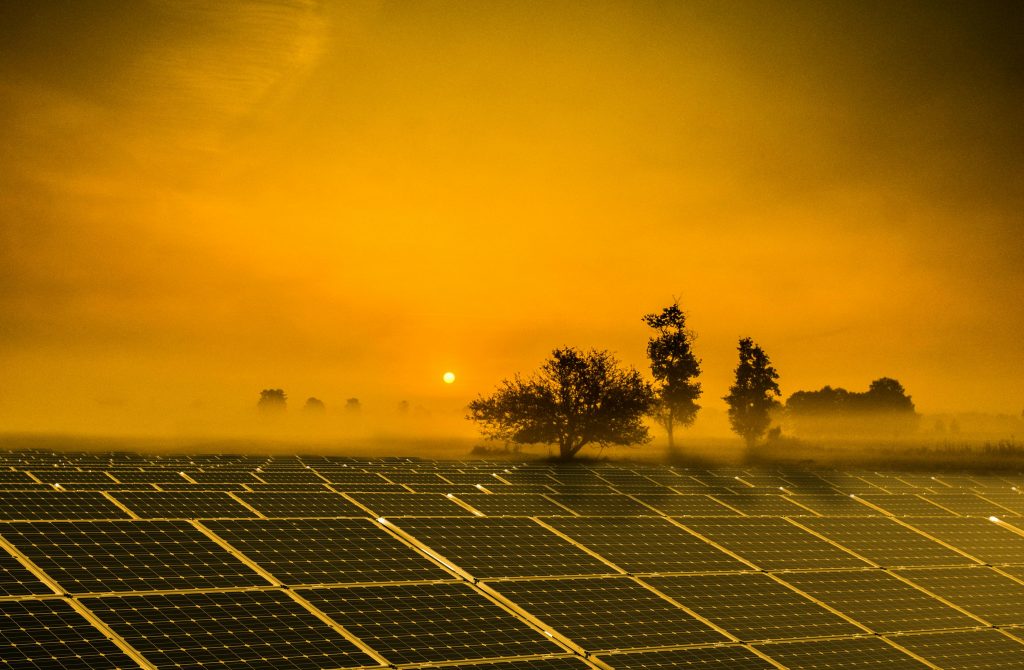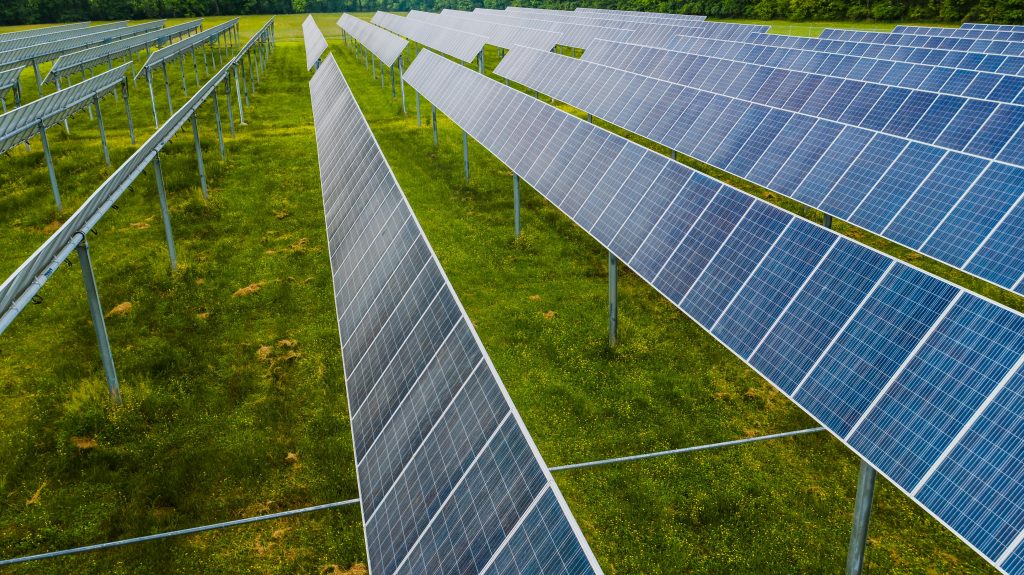Investing in solar energy can be a great way to save money on your energy bills while also reducing your carbon footprint. However, one of the biggest barriers to entry for many homeowners is the upfront cost of purchasing and installing solar panels. Fortunately, there are many financing options available that can make going solar more accessible and affordable than ever before.
Here are some of the most common solar financing options to help you better understand your choices:
1. Cash Purchase
One option for paying for your solar panels is to make a cash purchase. This means paying for the system outright with cash, a personal loan, or a home equity line of credit. While this may seem like the most expensive option upfront, it can be the most cost-effective in the long run since you won’t have to worry about monthly payments or interest charges.
2. Solar Loan
Another alternative is to obtain a solar loan created exclusively for funding solar panel installations. These loans are most often provided by banks or credit unions and are customized particularly to the needs of solar panel users. Solar loans with low interest rates and flexible repayment terms are an appealing option for many homeowners.
3. Solar Lease
A solar lease is a type of finance that allows you to rent a solar panel system for a specific length of time, usually between 10 and 20 years. You will make monthly payments to the solar firm in return for the usage of the system throughout the leasing time. This is a popular alternative since there is little to no upfront investment, and the monthly payments are generally less than the cost of your present energy bill.
4. Power Purchase Agreement (PPA)
You may build a solar panel system on your property without having to pay for it upfront by using a power purchase agreement, or PPA. A solar business will install the system on your property and retain ownership of the system while you agree to purchase the electricity generated by the system at a fixed rate for a given length of time under a PPA.
5. Home Equity Loan
Finally, you may be able to fund the installation of solar panels with a home equity loan. This form of loan leverages your home’s equity as collateral, and the interest rates are frequently cheaper than standard personal loans. Remember that you will be borrowing against the equity in your property, so you must have enough equity to pay the cost of the solar panel installation.
Furthermore, there are numerous financing solutions available to assist households in making the conversion to solar energy more accessible and inexpensive. You can start enjoying the benefits of solar energy without breaking the bank by studying your alternatives and selecting the one that works best for your requirements. Call your local solar business today to learn more about your financing choices and to begin your journey toward a more sustainable future.



